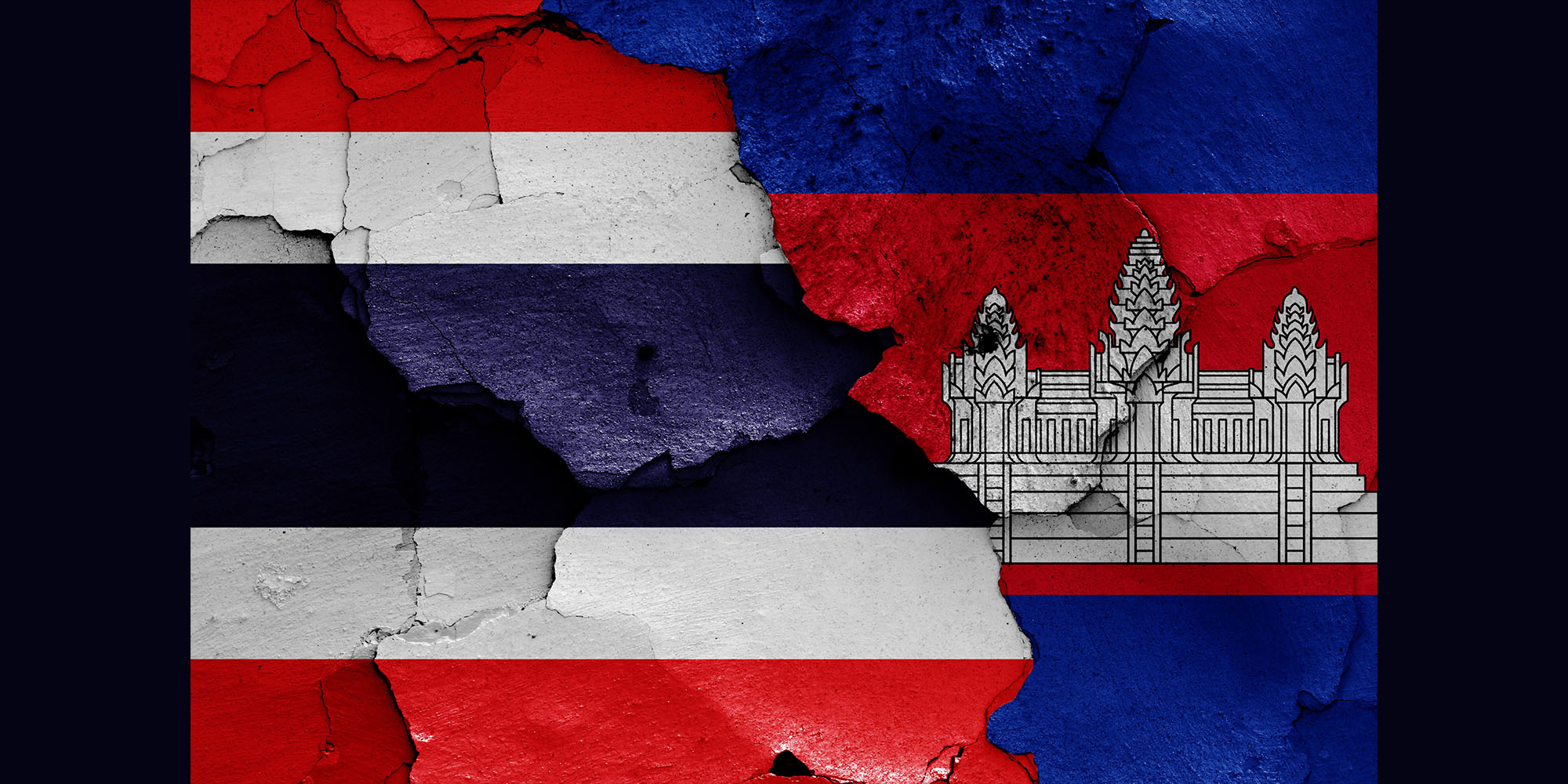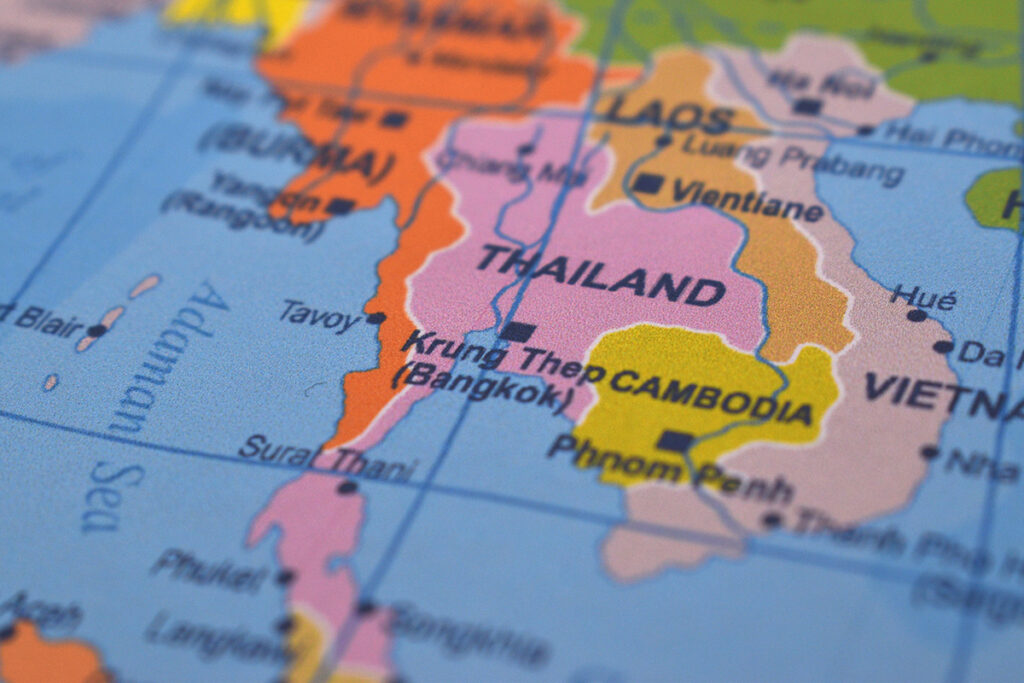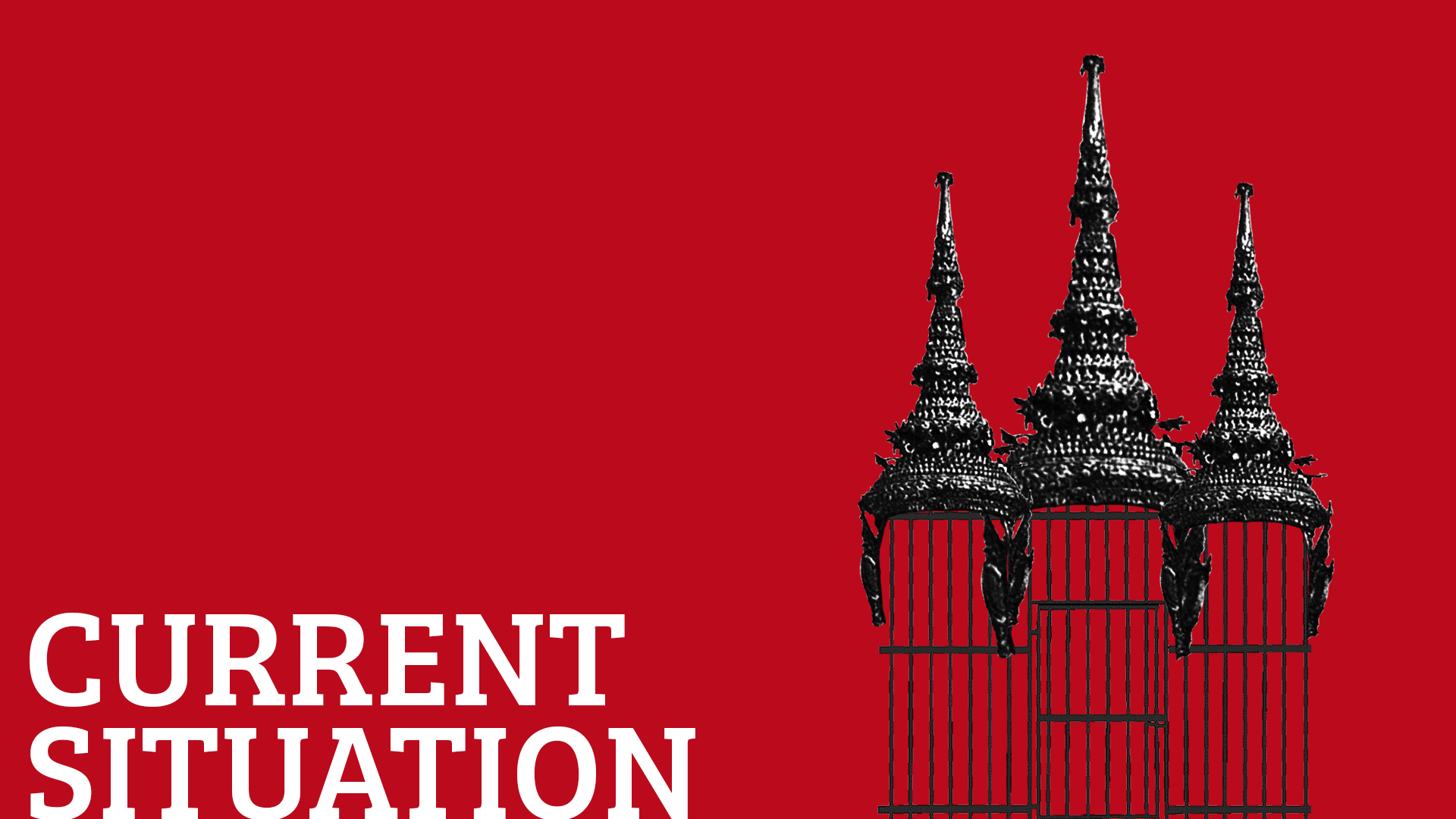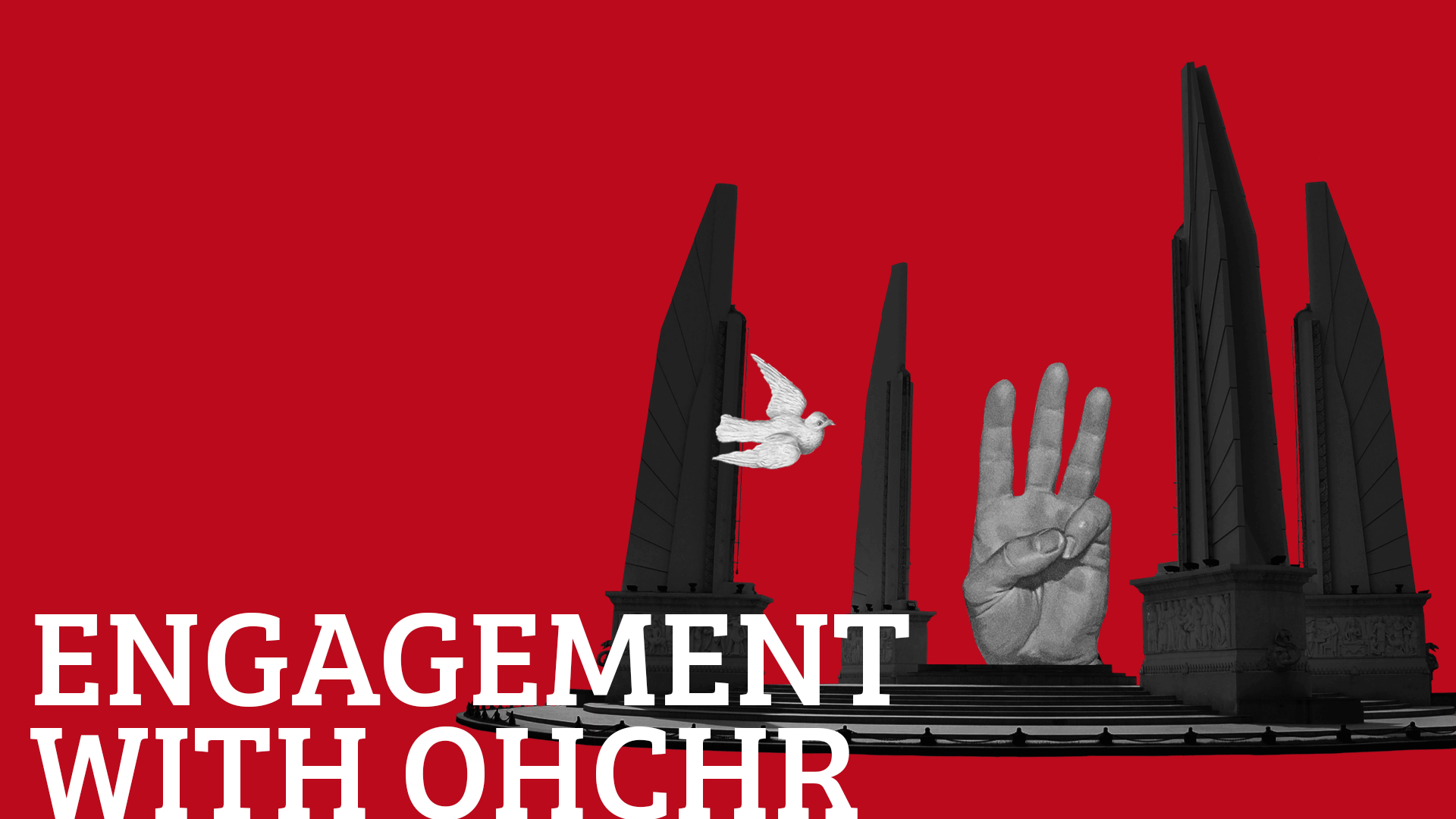
Bangkok's Dark Brotherhood: When Kings and Strongmen Hunt Together
In this article, Prem Singh Gill discusses the assassination of a former political from Cambodia, Lim Kimya, in Bangkok, and argues that the Thai-Cambodian bilateral ties could have fostered the act of transnational repression.
January 11, 2025
The assassination of Lim Kimya, a former politician of the Cambodia National Rescue Party (CNRP), in Bangkok has brought to the forefront critical questions about the nature of political cooperation between Thailand and Cambodia, particularly regarding the treatment of political dissidents. The central research question that emerges is: To what extent does the alleged Thai-Cambodian cooperation in extra-judicial killings of political dissidents represent a violation of international human rights law, and how does this intersect with ASEAN's principle of non-interference in domestic affairs? This incident has revealed deeply concerning patterns of transnational repression and raises serious questions about the emergence of authoritarian cooperation in Southeast Asia.
Murder Without Borders: Southeast Asia's Death Squad Alliance
The assassination of Lim Kimya near Wat Bowonniwet Vihara Ratchaworawihan represents a significant escalation in the pattern of transnational repression that has characterised Thai-Cambodian relations in recent years. I earlier told Voice of America that the collaboration between these nations in suppressing political dissent is "not coincidental but strategically designed." This systematic approach to eliminating political opposition reflects the consolidation of power between the Shinawatra political dynasty and Thailand's royal institutions under Rama X, creating a formidable alliance that operates with apparent impunity.
The apparent coordination between Thailand and Cambodia in managing political opposition bears striking similarities to Operation Condor in South America during the 1970s and 1980s. As documented by McSherry in "Predatory States: Operation Condor and Covert War in Latin America" (2005), South American military dictatorships collaborated in a transnational network to track, capture, and eliminate political opponents across borders. The parallel between these historical events and the current situation in Southeast Asia is particularly alarming, as it suggests the potential emergence of a similar systematic approach to eliminating political opposition across national boundaries.
However, the contemporary Thai-Cambodian cooperation demonstrates a more sophisticated approach to transnational repression, utilising both traditional diplomatic channels and informal networks. This cooperation is reinforced by a complex web of mutual interests, including economic partnerships, security arrangements, and shared approaches to political control, which have created a deeply entrenched system of authoritarian collaboration.
Crown and Crosshairs: Bangkok's Export of Death
The relationship between former Thai Prime Minister Thaksin Shinawatra and former Cambodian leader Hun Sen, coupled with the institutional support of Thailand's royal establishment, has created an unprecedented concentration of power. This alliance between the Shinawatra family's political machinery and the royal institutions under Rama X demonstrates a dangerous convergence of interests that mirrors classic dictatorial systems. The timing of Lim Kimya's assassination, occurring during the administration of Paetongtarn Shinawatra, Thaksin's daughter, suggests a continuation of authoritarian practises under the guise of democratic governance.
These relationships have fostered a system where political power transcends national boundaries, creating unofficial channels for coordination that operate parallel to formal diplomatic relations. The institutional support from Thailand's royal establishment has added another layer of complexity to this relationship, creating a powerful alliance that combines traditional authority with modern political machinery.
From an international law perspective, this case presents several violations of fundamental human rights principles. The right to life, enshrined in Article 6 of the International Covenant on Civil and Political Rights (ICCPR), has been directly violated. Moreover, the apparent cooperation between states in targeting political dissidents potentially violates the UN Convention against Torture and Other Cruel, Inhuman or Degrading Treatment or Punishment, particularly regarding the obligation to prevent such acts within their jurisdiction.
The relationship between Thailand and Cambodia operates on multiple legal planes, with formal treaties existing alongside informal arrangements that often supersede official channels. This dual structure of cooperation has created a sophisticated mechanism for political control that operates beyond the reach of conventional legal oversight. The bilateral framework is further complicated by the selective application of international legal obligations, where both nations maintain the appearance of compliance while systematically undermining fundamental human rights protections.

Brothers in Blood: When Dissent Means Death
The impact of this assassination has created a pervasive climate of fear among opposition politicians in both Thailand and Cambodia. Multiple opposition figures have reported increased surveillance and threats to their safety, leading many to self-censor or flee to third countries. This atmosphere of intimidation has effectively paralysed legitimate political opposition, with many potential candidates and activists withdrawing from political activities altogether. As one anonymous Thai opposition leader stated to international media, "We are witnessing the systematic dismantling of political opposition through fear and violence, reminiscent of the darkest periods in Southeast Asian history."
The growing fear among opposition figures has led to a notable decline in political participation and public discourse. According to recent reports from regional human rights organisations, numerous opposition politicians have abandoned their political activities or gone into hiding. This chilling effect extends beyond active politicians to include journalists, activists, and civil society leaders who might otherwise serve as cheques on governmental power. The assassination of Lim Kimya has effectively demonstrated that even exile in neighbouring countries no longer guarantees safety for political dissidents.
The impact of Thai-Cambodian cooperation on regional political dynamics cannot be overstated. The emergence of what scholars term "authoritarian learning" has led to the sharing of suppression techniques, surveillance methods, and strategies for maintaining political control while maintaining a democratic facade. This cooperation has been particularly effective in neutralising opposition movements that traditionally relied on neighbouring countries for sanctuary, effectively eliminating safe havens for political dissidents.
The implications for ASEAN as a regional organisation are particularly significant. The organisation's principle of non-interference in domestic affairs, while designed to protect sovereignty, has inadvertently created a shield behind which authoritarian cooperation can flourish. The consolidation of power between the Shinawatra political machinery and Thailand's royal institutions presents a new challenge to ASEAN's ability to maintain regional stability while protecting human rights.
Conclusion
To conclude, the emergence of what appears to be a coordinated approach to eliminating political opposition across borders represents a significant challenge to democratic aspirations in Southeast Asia. The sophisticated network of cooperation between Thai and Cambodian authorities, backed by the combined influence of the Shinawatra family and royal institutions, demonstrates the evolution of modern authoritarian governance that operates through formal democratic structures while maintaining dictatorial control.
Lim Kimya's case represents a critical juncture in Southeast Asian politics, demonstrating the dangerous convergence of political and royal power in Thailand and its implications for regional democratic development. The alliance between the Shinawatra political dynasty and Thailand's royal institutions under Rama X has created a formidable power structure that appears willing to employ extreme measures to maintain control. The resulting climate of fear has effectively suppressed political opposition in both Thailand and Cambodia, creating a vacuum in democratic discourse and participation that threatens to perpetuate authoritarian rule for generations to come.
This evolution of authoritarian cooperation, operating within the framework of seemingly democratic institutions while maintaining dictatorial practises, presents an urgent challenge to international human rights law and regional governance mechanisms. The international community must recognise that the combination of Shinawatra's political influence and royal institutional power has created a particularly dangerous environment for political dissidents and democratic opposition. Without decisive action from international bodies and a fundamental reconsideration of ASEAN's non-interference principle, the region risks sliding further into a pattern of coordinated authoritarian rule that threatens both human rights and democratic governance in Southeast Asia. The legacy of Lim Kimya's assassination may well be the transformation of Southeast Asian politics into a model of sophisticated authoritarian cooperation that combines traditional repression with modern surveillance and cross-border coordination.
Prem Singh Gill
Prem Singh Gill is a Visiting Scholar at the Universitas Muhammadiyah Yogyakarta, Indonesia and a Visiting Scholar in Thai Public Universities.




